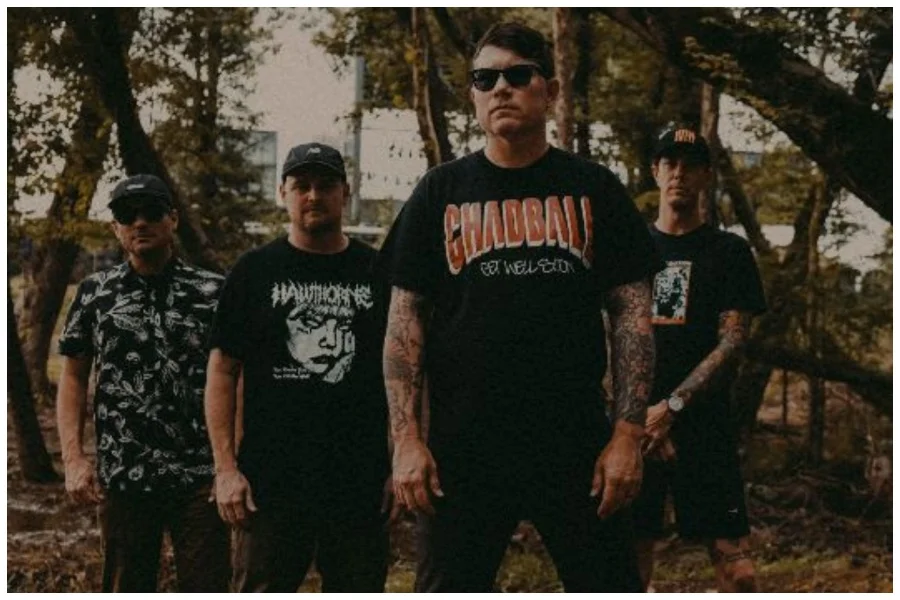A legal fight that has pitted file-swapping software companies Kazaa BV and StreamCast Networks against big record labels and movie studios is collapsing as the small companies run out of funds.
Netherlands-based Kazaa BV, which created the file-swapping technology underlying Kazaa, Grokster and earlier versions of Morpheus, is conceding defeat-although its founders already appear to have started another near-identical company. Meanwhile, StreamCast is losing a high-powered attorney with a winning track record against the music companies in court.
The disintegration of the companies’ legal case will have little immediate affect on the popular Kazaa and Morpheus file-trading networks themselves. But it appears the second generation of high-profile peer-to-peer companies may be going the way of Napster, crushed by litigation too expensive for start-ups to fight.
“The case is in jeopardy of collapsing simply from the financial attrition of the defendants before a decision on the merits can be reached,” StreamCast’s attorneys wrote in a legal brief filed with the court Friday. “If that happens, it would be an unfortunate procedural triumph of a band of enormously powerful and wealthy companies, arising purely from their power and entirely unrelated to the substantive issues in the case.”
The StreamCast and Kazaa BV case was viewed by some in the legal community as the best hope for vindicating basic peer-to-peer technology as legal in the wake of Napster’s court losses. The technology created by Kazaa BV functions differently from Napster’s original file-swapping directory service, giving the companies involved no direct role in the file-trading process, supporters said.
Indeed, a Dutch appeals court recently ruled that Kazaa BV was not responsible for copyright infringement by people using its technology, the first such ruling anywhere in the world.
The record companies have contested this view of the technology and law, however. The differences between Kazaa BV’s and Napster’s technologies are slight, and the file-swapping companies are still responsible for the widespread copyright violations committed by people using their technology, the record labels and movie studios say.
The entertainment giants have brought the full weight of their legal operations to bear on the small file-swapping companies, stretching the resources of the start-ups to a breaking point. Moreover, squabbling between StreamCast and Kazaa BV has badly weakened the defendants’ case.
StreamCast attorney Andrew Bridges, a partner with high-profile Palo Alto, Calif., law firm Wilson Soncini Goodrich & Rosati, said Wednesday that he is withdrawing from the case and that StreamCast is seeking new counsel. Bridges was one of the lead attorneys who successfully defended Diamond Multimedia against claims by the Recording Industry Association of America (RIAA) that the original Rio MP3 player violated copyright law.
“I’ve been informed by my client that they cannot sustain the burn rate for legal fees,” Bridges said.
Paying the price
In its own court filing Friday, Kazaa BV said it could not afford to continue the case and that it would accept a default judgment. That could put the two-person company on the hook for damages in the millions or tens of millions of dollars, forcing it out of business altogether.
“Simply put, plaintiffs have run Kazaa out of business,” Kazaa BV’s attorneys said in their court filing. “Accordingly, Kazaa has asked plaintiffs for their terms of surrender.”
An attorney for Grokster, the third file-swapping company in the Kazaa BV lawsuit, could not be reached for comment.
Kazaa BV sold the actual Kazaa file-swapping software to a Vanuatu-based company called Sharman Networks in February. It maintained control of the underlying peer-to-peer technology, called FastTrack.
Despite their court filing, Kazaa BV’s founders already appear to be licensing the FastTrack technology though another company. According to documents filed with federal regulators in the United States, a company called Blastoise-owned and operated by the Kazaa BV founders-has already licensed the FastTrack technology to a Los Angeles company named Brilliant Digital Entertainment.
According to those documents filed April 1, Blastoise-operating under the name Joltid-licensed the FastTrack technology to a Brilliant Digital subsidiary called Altnet, whose software contains the core of a new peer-to-peer network. Blastoise also took a 49 percent stake in Altnet, according to the filing.
Sharman, which now provides the actual Kazaa file-swapping software, also plans to continue using the FastTrack technology. A Sharman representative said the company had been assured that the license to the technology would continue even if the Kazaa BV company goes under. Sharman, which has seen tens of millions of people download the Kazaa software since the company acquired it in February, has not yet been sued.
Executives from the RIAA said that Kazaa, Sharman and the other parties were simply trying to evade judgment by shifting corporate assets between different companies.
“They’re playing an international shell game, trying to make a mockery of the judicial process,” said Matt Oppenheim, senior vice president for the RIAA.
A trial date is scheduled for October 1, although the current round of difficulties could change that.
Sharman released its own new version of the Kazaa file-swapping software Wednesday. It includes the first portions of the Altnet network, which will sprinkle paid search results into ordinary Kazaa searches, as well as a few new security features.





























